Here’s to people braving life in a new land.
For the launch of the Wise debit Mastercard®, we asked Queer Eye’s Tan France what it was like to make it big away from home. Then we asked our founders, colleagues, and friends about their immigration stories. Watch the video and read their stories below.
We’re proud that our account, and now card, will save people money when they go abroad — and give them one less thing to worry about.
Because you shouldn't have to pay big bank fees to live, work, or travel in a new country.
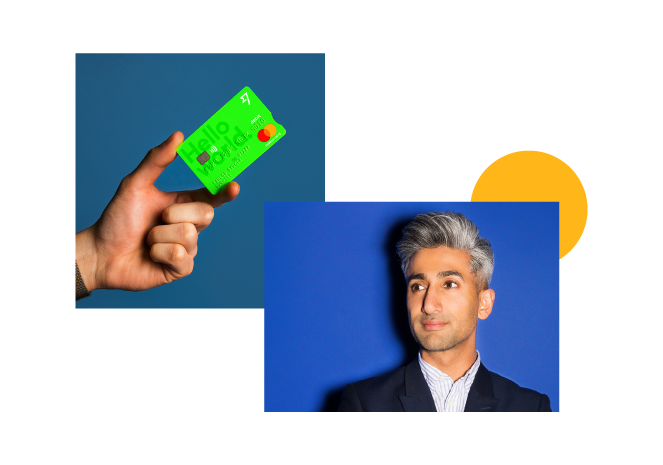
Hear their stories.
My name is Tan France and I'm from the UK.
I always knew that America was the place I wanted to end up. I always felt welcome here.
I ended up starting my own fashion business when I was 25 because I lost my American working visa and had to return to the UK. I was already married to my husband at that point and I couldn’t get a green card because gay marriage wasn’t legal here.
I knew that if I was earning enough money in the US and hiring a certain number of employees, I could apply for a green card. It was really my only option at that point.
I’ve been away from my family on the whole for 10 years now. I like to make sure I’m still connected to them.
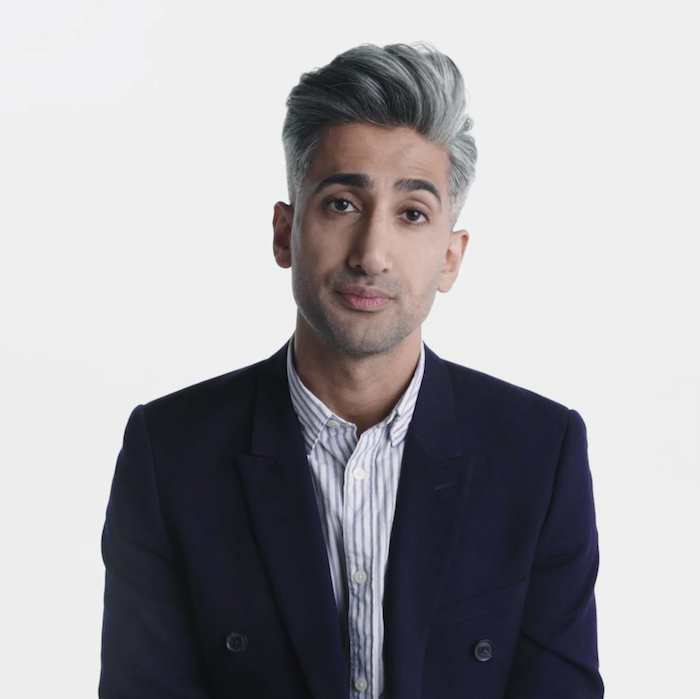
My name is Kristo and I’m from Estonia.
Fitting into a new country is always hard. I moved to London in 2007. To be honest, I think it was part boredom and part a fear of missing out. Having grown up in Estonia and having started work there, I felt like there was a big bright world outside of our small country and that I might be missing out if I didn’t go.
Estonia is where my parents and in-laws live, and where we have a big office. I officially live in London, but it’s very hard for me to say which one is home. I feel very comfortable in many places in the world.
We all remember the run-up to independence. There was always excitement. It was inspirational seeing the country go from Soviet rule to independence, to see the economy being created from scratch. It inspired me and my co-founder, Taavet; when we saw a problem in money transfers, we thought 'Why can’t we be the ones to solve it?'
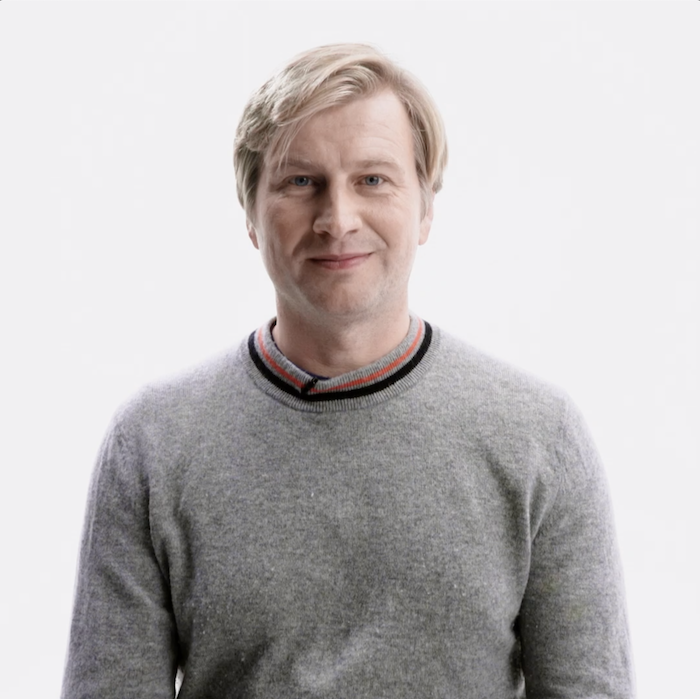
My name is Taavet and I'm from Estonia.
Home for me is where my family is. My wife and kids are in London, so London is home.
I grew up in Tartu, Estonia. I was working for Skype in Estonia, and during my Skype journey in 2007 I moved to London. I was splitting my time between the two.
It’s hard to say what I miss about where I grew up. The world has changed so much in the past few decades. It was a more dangerous world back then.
Estonia regained independence in 1991. We created the Baltic chain — we had people form a human chain all the way to Lithuania.
Around that time, my sister got a scholarship to spend a year studying in the US. When she left, my mum went to take her to Helsinki to fly to New York. But it was at the moment of the collapse of the Soviet Union — we had no idea if they could come back or what was going to happen. So I have some memories that were frightening or exciting.
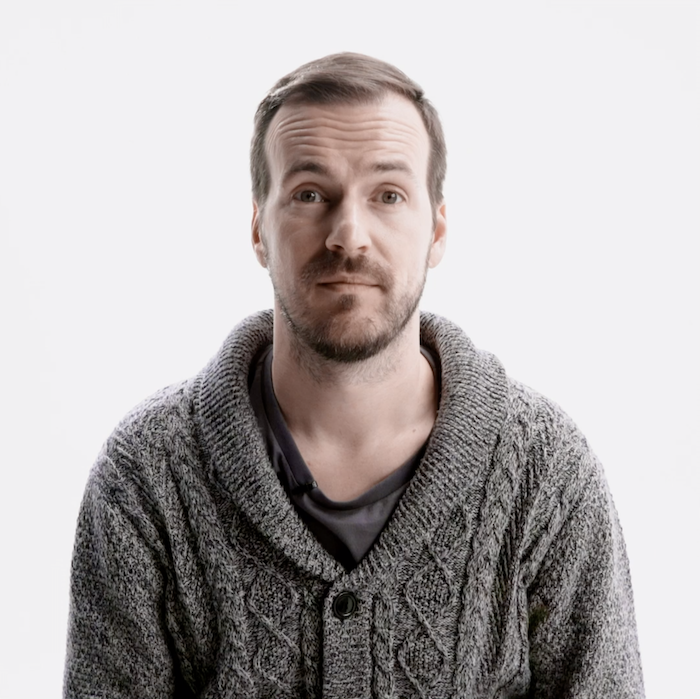
You need a passport to enter a new country. You need Wise once you get there
Learn moreMy name is Belén and I’m from Argentina.
Home for me is Buenos Aires. But I grew up in Payson, Utah. That’s where my family is. My family migrated there when I was 9.
My parents never expected to live here. We experienced religious prejudice in Argentina. That’s what led my family to the US. We had friends in the US who invited my dad to join them, and eventually they ended up employing him.
My grandparents are back in Argentina. It was upsetting seeing my friends spend the holidays with their grandparents and I couldn’t see mine.
I remember 5th grade. I struggled. My culture, my accent — I didn’t fit in. It wasn’t until college that it solidified that it was OK to be Latino, and it was OK to be different — that what you have to offer really benefits the community around you. The more I accept where I come from, the stronger my personality becomes.

My name is Zina and I'm from Nigeria.
I’m from a small tribe called the Ogoni tribe. My family and I moved to the US because we’re refugees. There was a genocide in our country, by the government and Western oil companies. I don’t remember how old I was when I left Nigeria, but when I came to America I was 3 years old.
We moved to Nebraska. It was very cold, very different to Nigeria. It was hard. But it was exciting at the same time. It was a whole new place.
Home is Nigeria. Which is so frustrating to me sometimes, or to other people, because they think, 'You’re not Nigerian, you’ve lived here so long.' But that is where I’m from, where my culture is, where my people are.
All of the forests and rivers and things my parents grew up with — I will never get to see. It’s all been destroyed by oil. Knowing it’s never going to be the Nigeria my family grew up with is just heartbreaking.
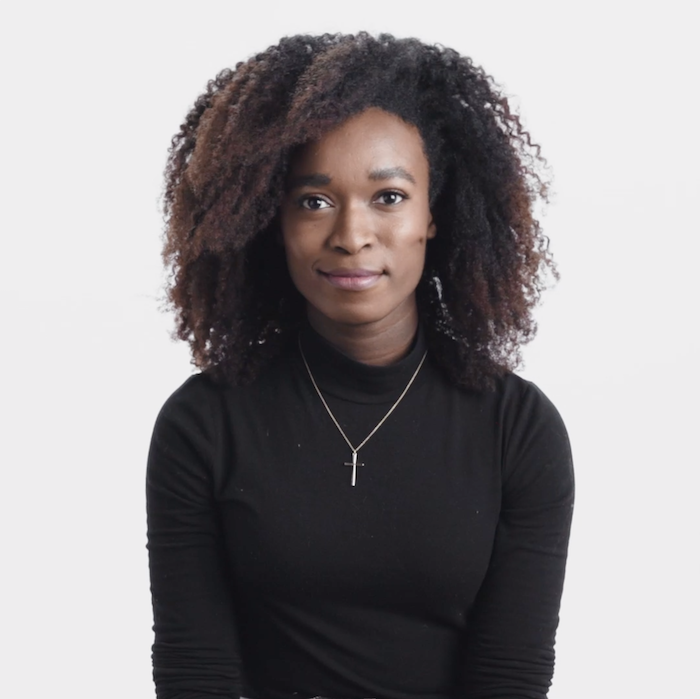
My name is James and I’m from the US.
My parents are from a small town in central China. My dad had bigger dreams. He decided, 'I’m going to go to America.' Eventually he settled in Chicago. He got a master's and a PhD, and moved to Silicon Valley.
Where we lived was unique. We were not a minority. The entire town was populated with immigrants — everybody who had come to the US for a better life.
I moved to China for one year of school when I was young. People there knew me as the American kid. People said I didn’t speak Chinese well — it’s kind of ironic. I moved back to the US after.
In my mind, I’m more American than anything else. I’ve never doubted that about my own identity.
I’m proud of my parents. My dad has this incredibly hard-working spirit. I would say to my brother and sister, 'Let’s see how far we can take this immigrant dream of our dad’s.'
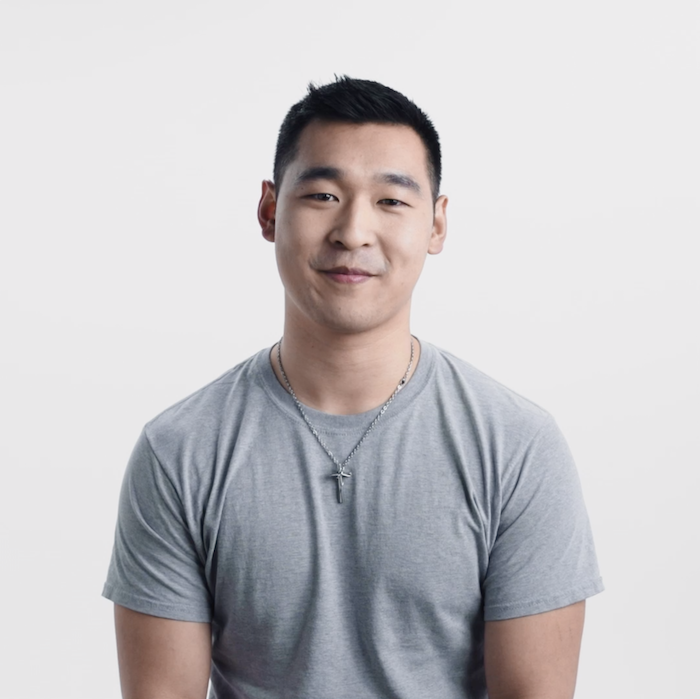
My name's Rashford and I'm from Jamaica.
I live in south London. I lived in the Caribbean until the age of 13. My parents had immigrated to the UK a couple of years prior to that.
Mostly, Caribbean parents came to the UK with the intention of working for 5 years, getting rich, and going back to the Caribbean. It didn’t work out that way in my particular circumstances. I was left with my older brother to live with my grandparents. Grandmother sent a letter to our parents saying, 'I can’t control them!' So, the decision was made to bring us to the UK.
Jamaica is a very complex place because of the recent history. There are a lot of things we did in Jamaica that were very similar to this country. There were still elements of African culture which had survived, somehow; there were elements from the Spanish and Dutch. It’s like a mosaic of different cultures. The motto of Jamaica is 'Out of many, one people.'
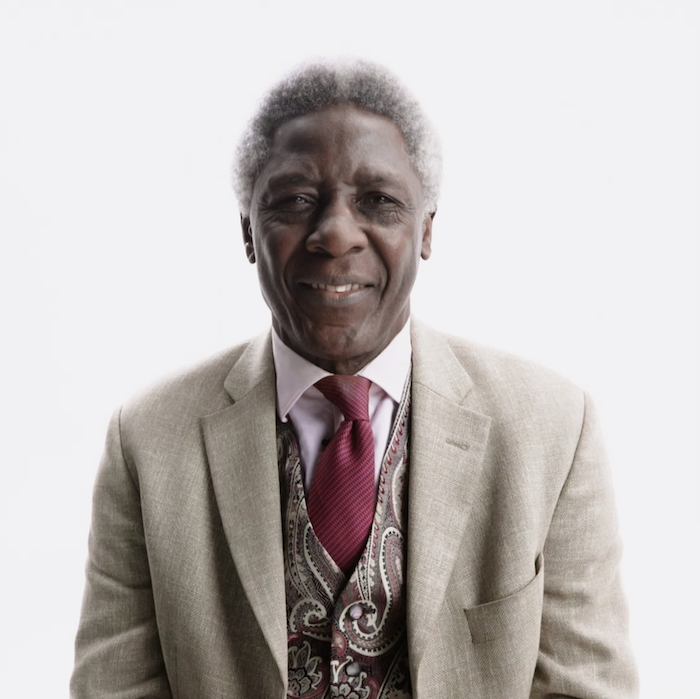
My name is Lorenzo and I’m from the Philippines.
Home is upstate New York, about an hour from the city. I grew up in farmland, so I like living upstate where I have the best of both worlds.
I was 12 when my family came to the US. Moving from my safe world in the Philippines was hard. We left an island of family and friends for a completely foreign environment. I was the only foreign kid for several towns. I had an accent and I was shy, so I hardly spoke. There was a lot of bullying.
My parents saw hope when we moved to America. It was a leap of faith to come here. I wouldn’t be who I am today, with all the opportunities I have, without my parents. I’m grateful to them.
What I’m most proud of about my heritage is that we lead with our hearts. That sense of safety when you’re around a Filipino is something I love.
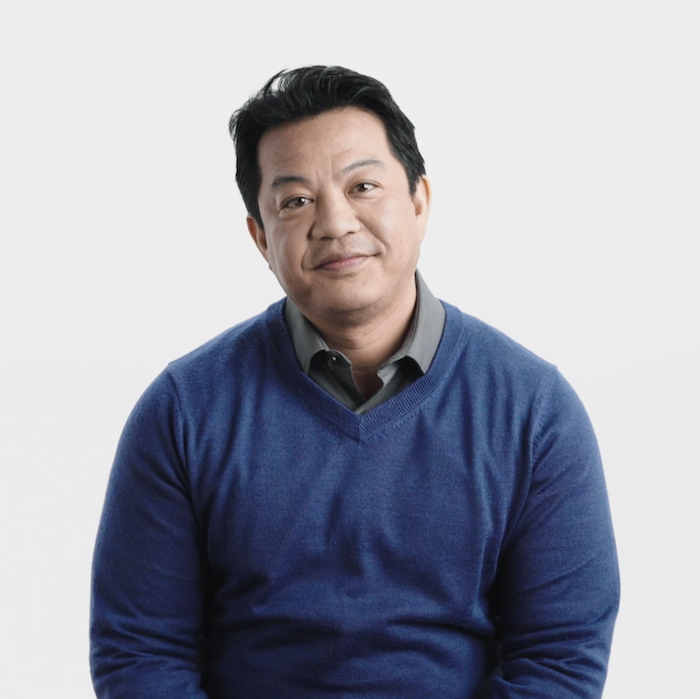
My name is Dorrie and I’m from Mauritius.
Home is London. I love London because it’s multicultural. That’s why it feels like home. My father’s side is south Asian, my mother’s is Portuguese. So home can be many places at the same time.
There’s a funny story I tell sometimes. People at school would peer into my lunchbox and say, 'What’ve you got today, rice and curry?' There’s nothing wrong with that, but people didn’t like it because it was smelly — so I denied it. I wasn’t bullied, but I felt ashamed of a part of my heritage.
I changed my accent to fit in. When I came to London, there was an exoticization of me. I couldn’t resent it, but I felt resentment towards my parents. 'Why did you send me here? Why did I have to go here as a teenager?'
I miss the sea from Mauritius. I miss my family there.
Multiculturalism is the greatest contribution — in terms of accepting and celebrating differences. Being isolationist is a bad idea. We live in a global world.
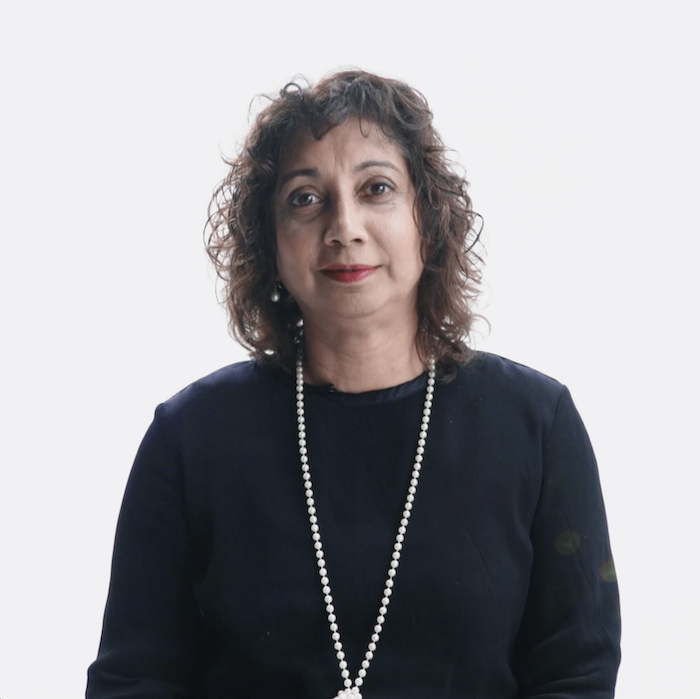
My name is Kristof and I’m from Hungary.
Home is partly Hungary, but I moved to London 6 months ago. I feel at home here. Hopefully I will settle down here.
I had a business and a home and was married for many years. When my wife passed away, I couldn’t pay much attention to my company. I had to find a solution, emotionally and physically. I decided I had to live my life somewhere else. I was looking for a new beginning.
I think a big difference between eastern and western Europe is the economic situation. A lot of people don’t feel safe in Hungary, they’re struggling financially.
British people are really friendly. People are really curious about my home. Both Hungary and the UK are very European. I try to bring parts of my culture here. I like to cook for people here. Show them music; I like Hungarian ballads.
I miss my friends. Hungarians are known as a very kind people, with good hospitality. That’s something I am proud of from my heritage.
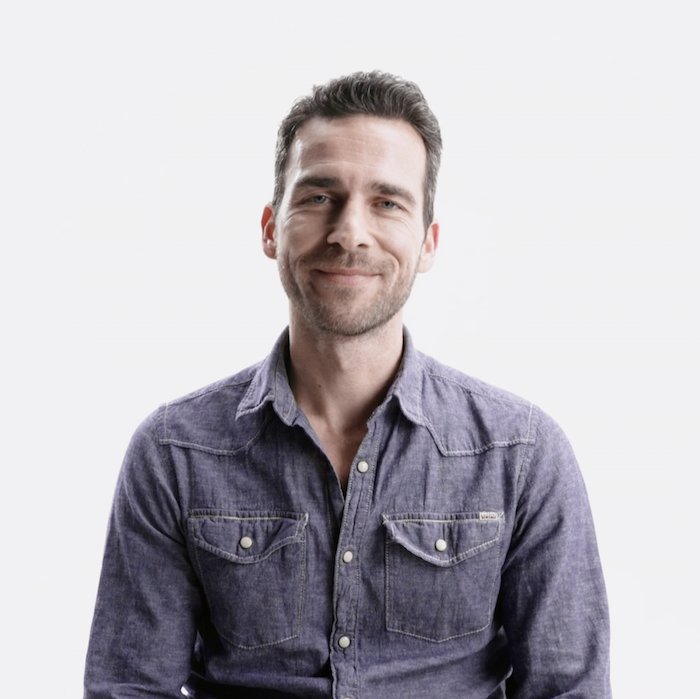
Our names are Mari and Christine, and we’re from Sri Lanka.
Christine: I’ve been in the UK for 50 years. I was 12 when I moved over. I lived in Ghana for 10 years before that.
Moving here was quite an adventure. We came on a boat. My first sight of England was the Liverpool docks, which was a dark and dingy place!
I consciously absorbed the accent to fit in. You try to absorb the culture. In those days you didn’t feel this great divide. My classmates were very interested in the differences between us. We enjoyed that.
Mari: Home is England. We came over when we were young. I think I feel British, although I’m Sri Lankan.
I didn’t consciously try to adopt a British accent. We were a bit of a novelty. We were the first non-white people. People were intrigued to know where we’d come from, and what the country was like.
I feel our children have embraced their heritage. Whenever they’re asked, they say, 'I’m half Sri Lankan.'
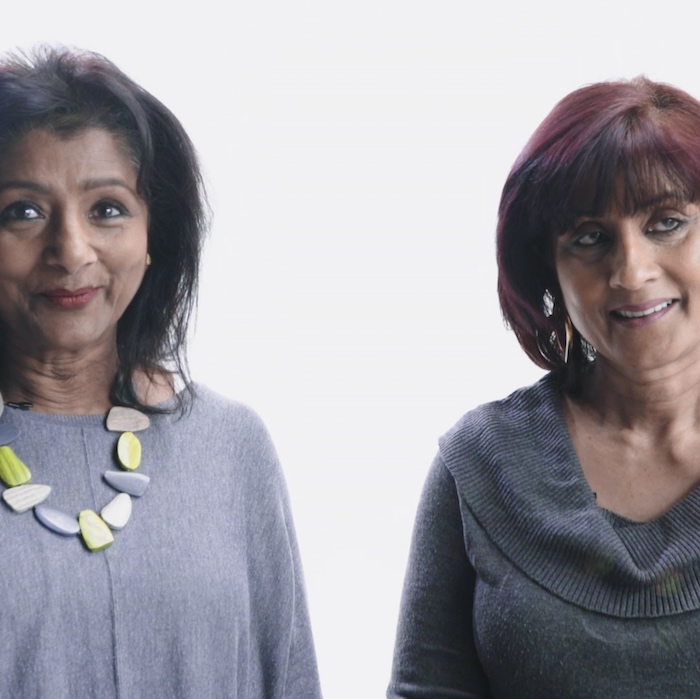
My name is Ajay and I'm from Canada.
Home for me is a lot of places. Right now, it’s London. I think in general it's Europe. I’ve lived in Berlin, Paris, Switzerland, India, Canada. My parents are originally from India. I think home is everywhere I have my people. My friends, my family — that’s home.
I was consistently bullied. It was about me having Indian parents, and people trying to say, 'You’re an outlier.' I started trying to act more like these people, basically by hiding my heritage — who I am and where I’m from. That’s one of the things I’m hoping kids and people don’t have to go through these days.
We should never hide from our heritage. Having all those things is what makes a society great. Having this cornucopia of different languages, different heritages, different people — that’s what makes a really great place to live. That’s why people from all over the world come to London.
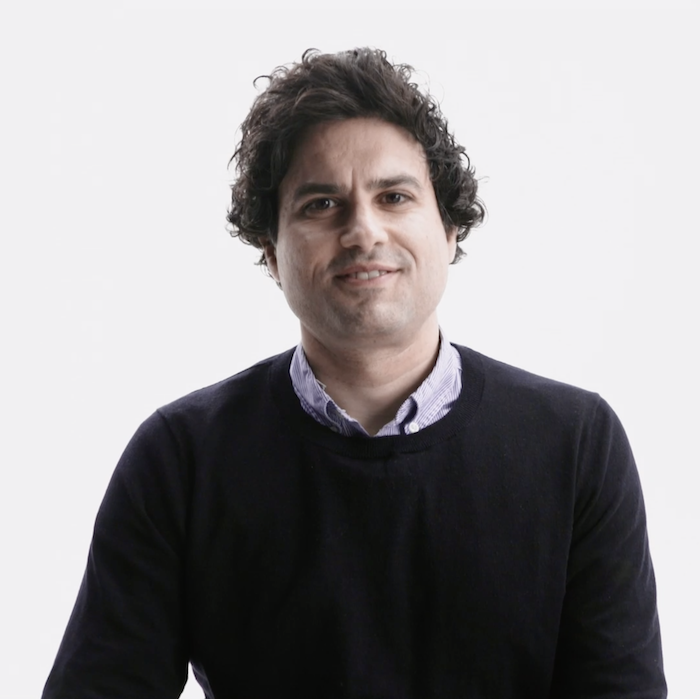
The Wise account

The Wise debit Mastercard® is issued by Community Federal Savings Bank, member FDIC, pursuant to a license from Mastercard International. Other features of the borderless account are provided by TransferWise Inc. pursuant to its state licenses.